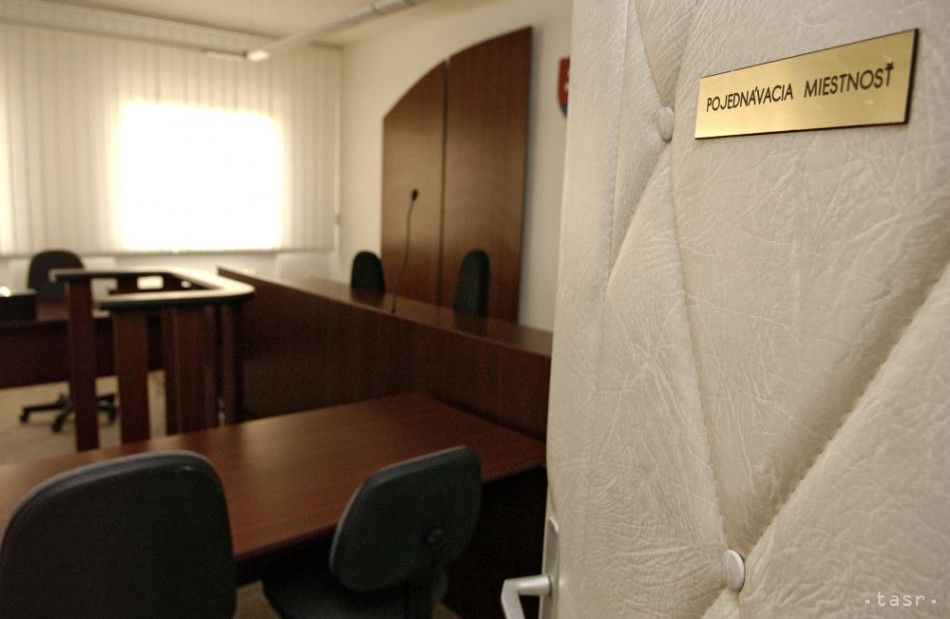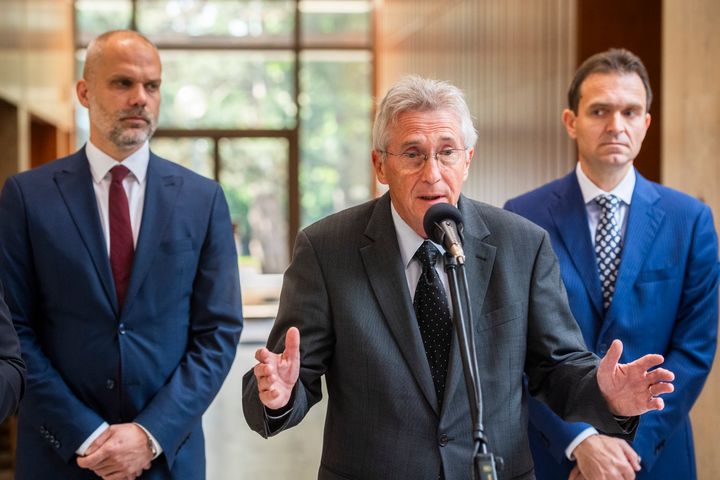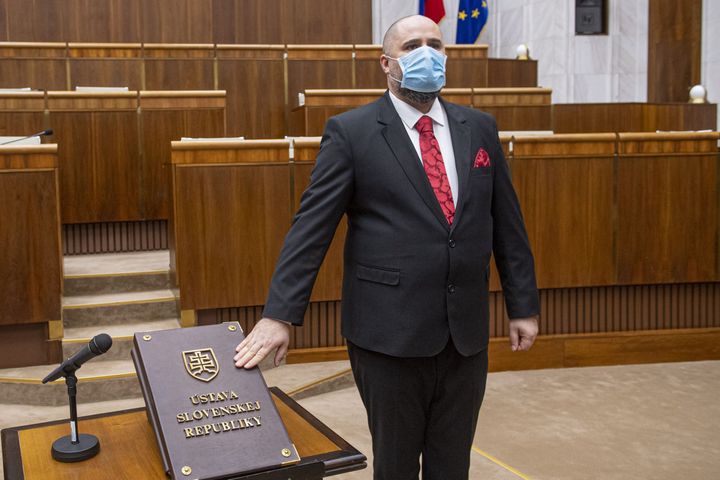TIS: Despite Progress Slovakia Still Failing to Catch 'Big Fish' for Corruption

Bratislava, November 10 (TASR) – Over the past three years Slovakia has seen only a tiny improvement in terms of successfully prosecuting corruption at the highest levels, according to an analysis carried out by Transparency International Slovakia (TIS), which presented the results on Friday.
According to the analysis, which examined developments in the criminal prosecution of corruption in the country between 2014-17, only four elected officials have been found guilty of corruption – one mayor of a village and three local councillors.
TIS blames primarily the police and the public prosecutor’s offices for the current unsatisfactory situation in this regard.
The NGO analysed 244 valid verdicts made by the Specialised Criminal Court (STS) that involved corruption cases for the period between July 2014-June 2017. TIS finds it striking that in 2016 only 55 corruption cases were concluded, in which only 67 people were charged – the lowest number in the last five years.
TIS further stated that former Cadca mayor (Zilina region) Jozef Pohancek still remains the highest-level official that has been lawfully convicted of corruption in Slovakia. He committed the crime in 2005. “I still see that the police and the prosecutor’s offices have no free hands to go after anyone, especially not after top-level politicians,” said TIS head Gabriel Sipos.
In this context, Sipos added that he views the recent ‘notice-board tender’ case, in which STS sentenced former construction ministers Marian Janusek and Igor Stefanov to long-term imprisonment, as not completely satisfying. “It’s a good shift, but the problem is that no corruption has been detected in the case,” said Sipos, noting that the two ex-ministers were found guilty of wrongdoing in a public procurement proceeding and of misusing public authority powers.
“Basically, the case was made that the tender had been carried out badly, that a bad bid had been selected, and that the money had been wasted,” said the TIS head, noting that no entrepreneurs involved in the tender were punished. According to TIS, the good news is that compared to 2011-14, the share of resolved cases involving bribes over €1,000, which are considered to be serious corruption cases, has tripled in the last three years.



